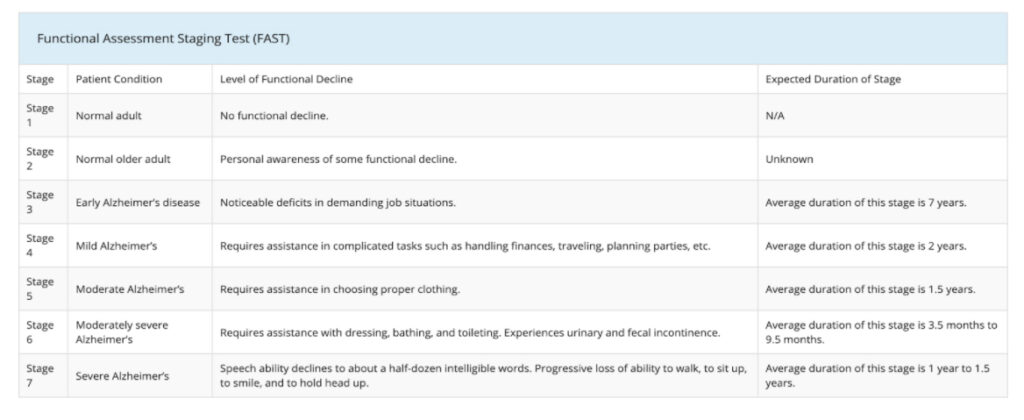Alzheimer’s disease, a type of dementia, affects memory, thinking and behavior, and its symptoms eventually grow severe enough to interfere with daily tasks. Here, we present six most frequently asked questions on this dreaded disease, answered by an expert in this field.
What is Alzheimer’s and how is it related to dementia?
Dementia is not a specific disease but a term used for when a person has an impaired ability to remember, think, or make decisions. There are many types of dementia but Alzheimer’s is the commonest. It is a progressive disease, where the person with Alzheimer’s may initially only experience mild memory loss. But as the disease progresses it will affect their thinking process and behaviour. Eventually the symptoms become severe enough to interfere with daily activities and the inability to respond to the environment.
Should I only worry about Alzheimer’s as I grow older?
Age is a strong risk factor for Alzheimer’s, as with other diseases such as cancer, stroke, and diabetes. However, Alzheimer’s does not exclusively affect the elderly which is why it is important to look after your health from a young age and practice healthy lifestyle habits.
Are there any warning signs or early symptoms to look out for?
Although forgetfulness is a symptom of Alzheimer’s, it is naturally part of the ageing process. A person may occasionally misplace their item, make bad decisions from time to time, or have difficulty finding the right word during a conversation. But in general, it should not interfere with daily activities and will not necessarily mean they have Alzheimer’s.
Worrying signs that need to be looked out for are issues remembering recent events (short-term memory loss), poor concentration in performing routine tasks, personality or behaviour changes (withdrawal or apathetic), the inability to do everyday tasks, and increased confusion.
Are there any preventions, treatments, or cures?
Alzheimer’s disease and dementia are hard to prevent because scientists do not yet fully understand what causes it. However, vascular risk factors can contribute to dementia and therefore it is worthwhile making sure that these factors are well controlled by managing diabetes, high blood pressure, and high cholesterol.
On the other hand, increased cognitive and physical activity throughout one’s lifespan helps to reduce the risk of this disease. These are several actions that can help to reduce the risk or prevent you from getting Alzheimer’s:
- Maintain a healthy weight
- Exercise regularly
- Eat healthily
- Stay cognitively alert by acquiring new hobbies, reading, solving crossword puzzles, or playing brain exercise games on your smartphone
- Stay involved socially
- Cease smoking
Alzheimer’s cannot be cured, but there are treatments that can help to alleviate the symptoms or delay the progression. These can be divided into non-pharmacological and pharmacological treatments.
Non-pharmacological treatment is a very important component of managing Alzheimer’s as it requires a good understanding of the basis of the manifestation of the disease, especially for patients with behavioural and psychological symptoms of dementia. It involves engaging the patient in memory training, as well as mental and social stimulation exercises.
On the other hand, pharmacological treatment involves treating Alzheimer’s with medications such as Cholinesterase inhibitors (Donepezil) and NMDA-receptor blockers (Memantine). These drugs do not cure Alzheimer’s but it helps to delay the progression of the disease.
What are the different stages of Alzheimer’s?
There are seven stages of Alzheimer’s disease, which can be broken down using the Functional Assessment Staging Test (FAST). The FAST staging can help to predict the duration of each stage, depending on the level of the functional decline.
If I know someone with / is showing early symptoms of Alzheimer’s, what can I do to help them?
In the early stage of Alzheimer’s, most people are still able to function independently. The person may still drive, manage their own finances, partake in social activities and could still be working. The early stage of dementia can last for years. If someone you know is showing early signs of it, encourage them to seek advice from a doctor who will do a thorough assessment and examination which will mainly look for any reversible or treatable causes of the symptoms (e.g. thyroid disorder and brain tumour).
If the diagnosis is confirmed, the patient’s care partner plays a vital role in providing companionship and support. It is also important to help with their long term plans which involve legal, financial, and health-related decisions. For example, in the advanced stages of Alzheimer’s, a patient may not be able to swallow safely which can result in food or liquid going into their lungs causing pneumonia. A doctor may then recommend a feeding tube which is connected from the nose to the stomach, a ventilator to help with breathing, and antibiotics to fight the lung infection. However, it is normal when care partners refuse this for their loved ones as they want them to live comfortably for their remaining years.

Geriatrics Consultant,
Sri Kota Specialist Medical Centre

















